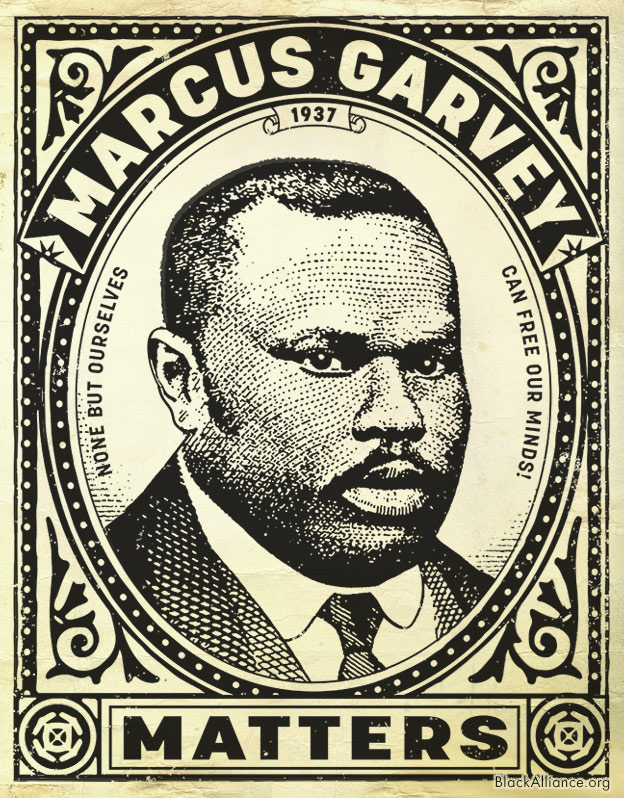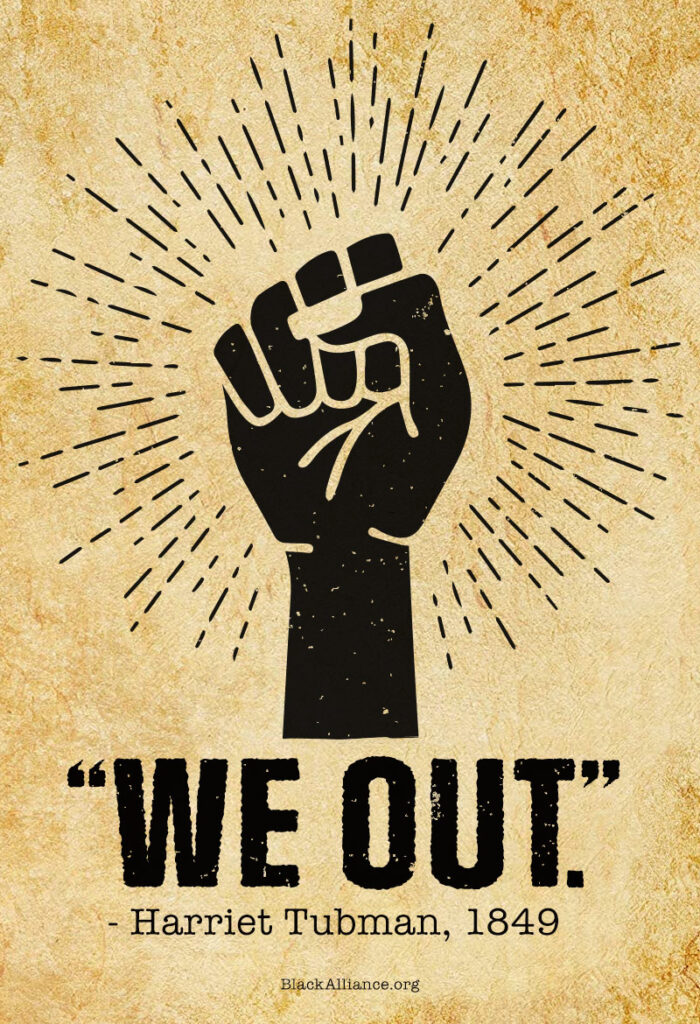
The importance of seeing yourself represented by role models starts at an early age. Last week, MBK youth in Chicago had the opportunity to engage with President and Mrs. Obama for a day of activities and conversation. The youth left this day feeling seen, heard, and inspired.
— My Brother’s Keeper Alliance (@MBK_Alliance) October 25, 2022

“If you see something that is not right, not fair, not just, you have a moral obligation to do something about it.” – John Lewis Quotes
Black Alliance: We promote businesses that support and embody the values of the current global movement towards peace and justice for all people.
Amanda Gorman’s “The Hill We Climb” from Joe Biden’s 2021 Inauguration
Popular questions:
Featured on:
- NY Times
- Huffington Post
- CNN
- WSJ
- Barron’s
- NBC News
Be sure to check out our exclusive deals from wellness companies like byte, Nutrisystem, Noom, Chewy, Factor Meals, Factor 75, and A&E. Our TurboTax coupons can be found here.

